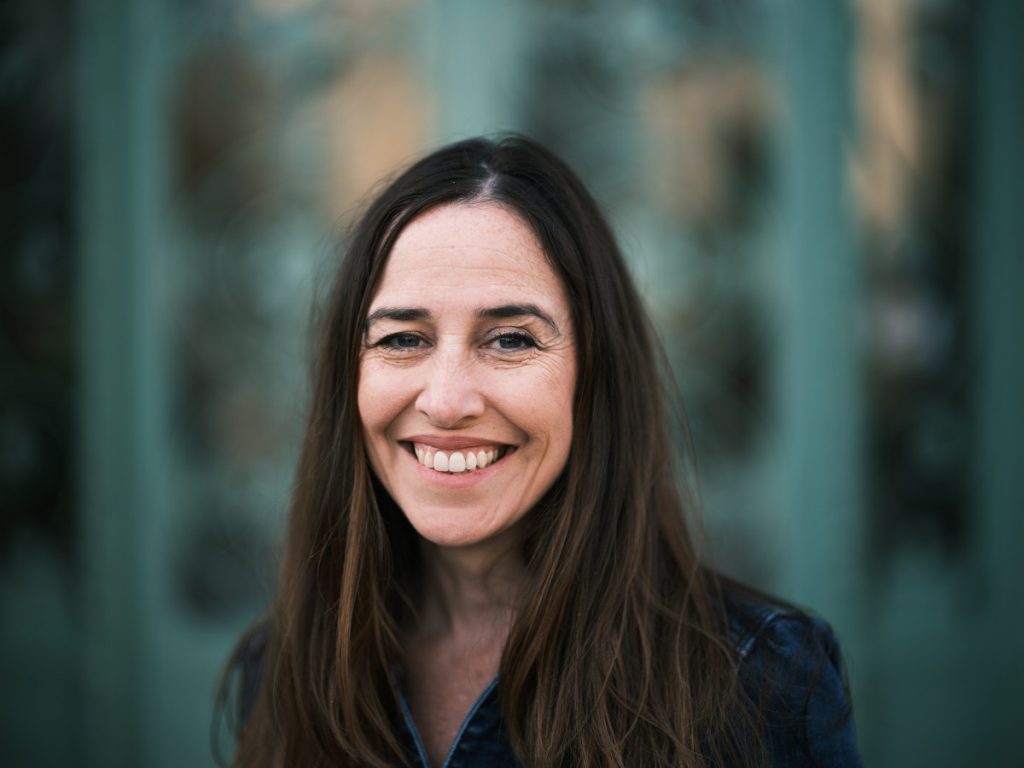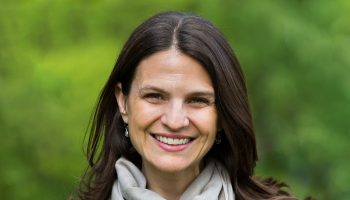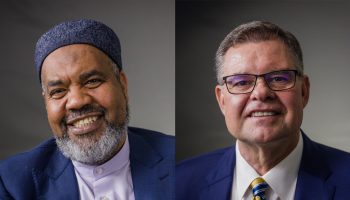
A lack of connection can be harmful to a community. Coté Soerens lived in Seattle’s South Park neighborhood for about 10 years, and she saw the highway that divided it as a problem.
“It was an underutilized, redundant highway in a neighborhood that has been struggling with this investment for 100 years and isolated from the rest of the city,” Soerens said. “This highway was getting in the middle of it, and once it just hit me: What if we just shut this highway?”
Soerens would go on to start Reconnect South Park, an initiative to decommission Seattle’s Highway 99, a fight it continues to this day. Soerens would move on from that initiative to others, still working to get people connected.
Soerens will speak at 2 p.m. today in the Hall of Philosophy as a part of Week Five’s Interfaith Lecture Series theme “Religious and Ethical Infrastructure.”
Soerens said the South Park neighborhood was a “living grant proposal,” and “non-profited out,” with nonprofit organizations regularly coming in to communicate that the neighborhood needed external help, with the places people could congregate taken over by nonprofit student programming.
“The idea started emerging of starting a coffee shop, which basically was a placemaking initiative,” Soerens said. “In Seattle, at least, coffee shops are really great third spaces, so it seemed like a good idea.”
Soerens’ shop, Resistencia Coffee, was entirely sourced from within the neighborhood, from the construction to the vendors, and was open about six years.
“It was a love letter to South Park,” Soerens said. “Everything about the coffee shop was very intentional — the design, the menu, the baristas that we hired, the kids area, the layout — we had a good run.”
Recently, Soerens and her family relocated to Chicago, where she is now the director of tuition transparency and access at Trinity Christian College.
She said she works with the college to look for “neighborhood-based economic models to make college affordable and debt free.”
“The bet we’re making is that ecosystems approach to economics, which is place-based, that there is wisdom and gifts in neighborhoods in the Chicago area,” Soerens said, “that we can draw from to co-create a more just and accessible system of higher education.”
At Chautauqua, Soerens will speak about the power of religious institutions in bringing people together.
“Democracies thrive when people are connected, and the church has historically been an institution that has brought people together in a value-based way,” Soerens said. “We are people who have ideas and values, and we want good things.”
Currently, Soerens said there is a crisis of belonging, with people feeling lonely and isolated.
“I do see religious institutions as places that do bring people together,” Soerens said. “Whether it’s a Christian tradition or the Jewish tradition or the Muslim tradition, there is a lot of power in congregating around common values.”
To Soerens, there are lessons from faith traditions that we can bring into secular spaces.
“The ability to love across difference, that’s something critical to Christianity, to love your enemy,” Soerens said. “How powerful would that be, if we were to actually rely on the gifts of our religious tradition that allow for us to have a healthier civic life?”
We are responsible for making our neighborhoods transformative places, Soerens said, and we have the ability to do so.
“We have a lot more power than we sometimes assume we do,” she said.




